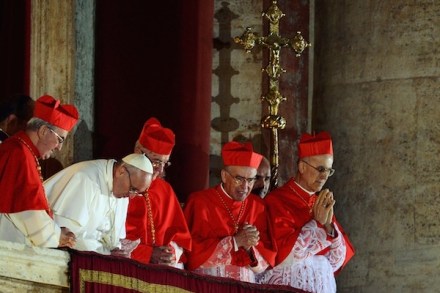Overseas aid – the alternative
‘We have written to David Cameron to applaud his decision to stick to the UK’s commitment to overseas aid to the developing world, despite the tough economic times,’ begins a letter to the Financial Times from the bosses of major companies from BP to Vodafone, with PR maestro Alan Parker of Brunswick at the top of the list. ‘It is both humanitarian and in the interests of this country.’ But that’s not the view of seven out of ten respondents in a recent ITV ComRes poll. They think too much — £6.7 billion this year — is spent on overseas aid; only 7 per cent of them believe the government














